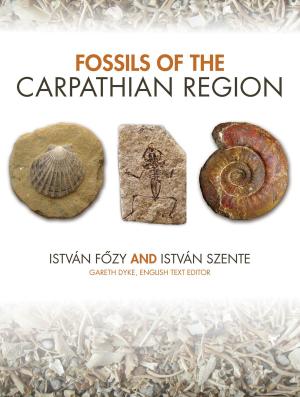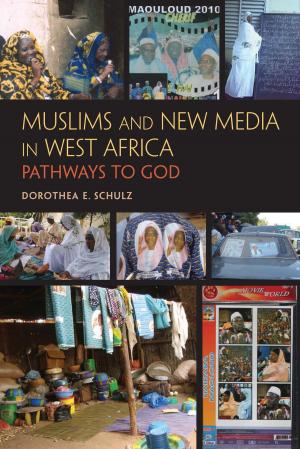Mercury, Mining, and Empire
The Human and Ecological Cost of Colonial Silver Mining in the Andes
Nonfiction, History, Americas, Latin America, Health & Well Being, Medical, Reference, Public Health, Science & Nature, Science, Biological Sciences, Environmental Science| Author: | Nicholas A. Robins | ISBN: | 9780253005380 |
| Publisher: | Indiana University Press | Publication: | July 25, 2011 |
| Imprint: | Indiana University Press | Language: | English |
| Author: | Nicholas A. Robins |
| ISBN: | 9780253005380 |
| Publisher: | Indiana University Press |
| Publication: | July 25, 2011 |
| Imprint: | Indiana University Press |
| Language: | English |
On the basis of an examination of the colonial mercury and silver production processes and related labor systems, Mercury, Mining, and Empire explores the effects of mercury pollution in colonial Huancavelica, Peru, and Potosí, in present-day Bolivia. The book presents a multifaceted and interwoven tale of what colonial exploitation of indigenous peoples and resources left in its wake. It is a socio-ecological history that explores the toxic interrelationships between mercury and silver production, urban environments, and the people who lived and worked in them. Nicholas A. Robins tells the story of how native peoples in the region were conscripted into the noxious ranks of foot soldiers of proto-globalism, and how their fate, and that of their communities, was—and still is—chained to it.
On the basis of an examination of the colonial mercury and silver production processes and related labor systems, Mercury, Mining, and Empire explores the effects of mercury pollution in colonial Huancavelica, Peru, and Potosí, in present-day Bolivia. The book presents a multifaceted and interwoven tale of what colonial exploitation of indigenous peoples and resources left in its wake. It is a socio-ecological history that explores the toxic interrelationships between mercury and silver production, urban environments, and the people who lived and worked in them. Nicholas A. Robins tells the story of how native peoples in the region were conscripted into the noxious ranks of foot soldiers of proto-globalism, and how their fate, and that of their communities, was—and still is—chained to it.















